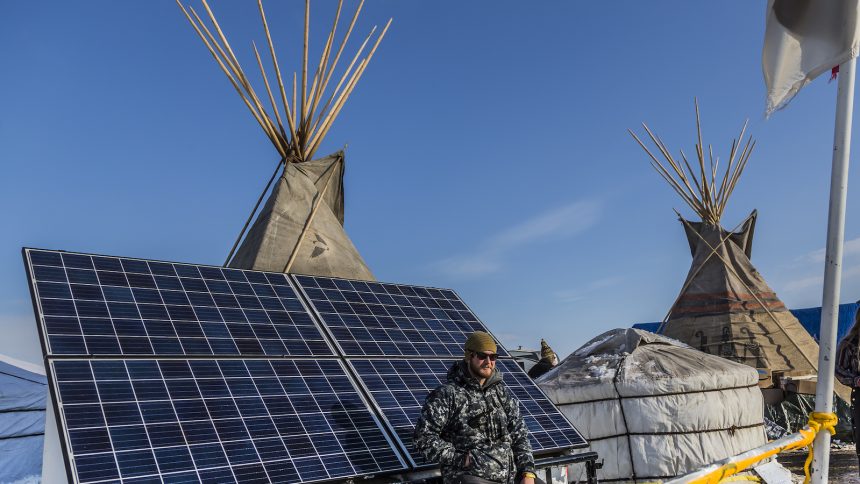When it comes to a green future, financial resources are not the only thing that matters.
Indigenous communities also require support and cultural understanding for sustainable development.
Kimberly Yazzie, a Diné researcher in ecology at Stanford University, emphasizes the importance of addressing the historical injustices faced by Indigenous tribes in energy projects.
In an article published in Science, Yazzie highlights the ways Indigenous peoples can contribute to environmental conservation.
Many green projects have failed to involve tribes in decision-making, leading to the exploitation of ancestral lands.
Yazzie advocates for a just and equitable energy transition that requires relationship-building, research, and consultation with Indigenous communities.
The paper suggests flexible application deadlines, equal access to information, and resources to strengthen tribal infrastructure for renewable energy projects.
Clara Pratte, a Diné researcher and tribal government consultant, emphasizes the need for better communication and cultural competency in project development.
Involvement of tribal members and “tribal energy champions” is crucial to ensure the success and ethical development of green projects on tribal lands.
Yazzie and Pratte stress the importance of tribal leadership in shaping the future of sustainable energy initiatives beyond current government funding.






